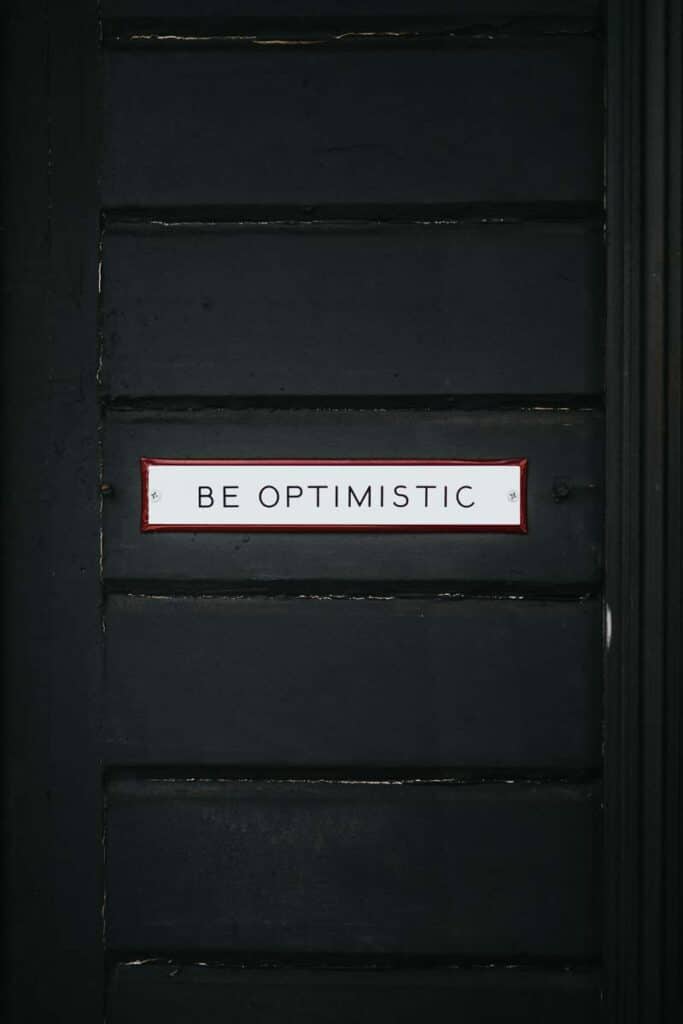Motivational interviewing (MI) is a type of short-term treatment for drug and alcohol problems. The idea of motivation is at the heart of it.
Many people who have problems with drugs don’t have the drive to stop. In fact, a lack of motivation is one of the biggest things that makes it hard to stay sober. MI wants to change this. It uses therapeutic techniques to find out what motivates people. It uses these reasons to get people to want to change.
MI is very different from treatments like Cognitive Behavioral Therapy (CBT). Most sessions are shorter and have less ambitious goals. For example, MI often tries to get people to get more help. MI is a kind of therapy that is interesting and has a lot to offer.
What Is Motivational Interviewing?

William Miller is credited with the invention of Motivational Interviewing. In a publication named Behavioral Psychotherapy, he originally described it in 1983.
MI started out as a way to help people who had problems with using drugs. It gave people an option other than CBT and other common therapies. Its goal was to help people solve their own problems, not to solve them for them.
The way MI is given is one thing that sets it apart from other types of therapy. MI is often done in just a few sessions, while most other therapies take place over the course of months. “Interviews” are what we call these talks at the Louisville Addiction Center.
MI is also different because it does not involve confrontation. This means that the therapist doesn’t judge what the patient says. Because of this, the spirit of MI is one of working together.
MI tends to focus on the patient’s goals. Other types of therapy may make the patient work toward certain goals that the therapy or therapist imposes. MI is more focused on the person being treated and their own ideas of their goals.
The idea is that if patients set their own goals, they will be more motivated to reach them. MI doesn’t look at past trauma or the reasons why people become addicted. It tends to focus on the future more. Because of this, it works best when used along with talk therapy.
The Processes In Motivational Interviewing
There are four main processes in MI that will help the patient when it comes to dealing with their drug or alcohol addiction. They are:
Engaging
The therapist and the patient need to get to a point where they can work well together. At this stage, the goal is to build trust and friendship. The therapist shouldn’t do anything too quickly. They have to work hard to gain their client’s trust. Putting the client at ease is the key to getting them to talk honestly. This is the engaging stage of the process.
Focusing
This means figuring out what the client’s main focus or goal is for getting better. Some clients will already have a good idea of what their recovery is going to be about. Most people, though, won’t. The therapist can get an idea of what the client’s goals are during the focusing stage of MI treatment. The course of treatment can then be based on these goals. The therapist can give advice on these goals, but for MI to work, they have to be the client’s own goals.
Evoking
The therapist gets the client to talk about why they want to get clean. This is a very important step in the process of MI. Many clients aren’t sure how they feel about change. The therapist can help them by making them want to change even more. They can do this by asking the client why they want to stop using drugs. It could be for health, money, or family reasons, or it could be a mix of all three. No matter what the reason is, the therapist needs to focus on it and make it bigger. It is important to talk more about change at this stage.
Planning
With the help of the therapist, the client figures out how they will change. Several things make this step important. The most obvious is that the client will face problems on their way to getting better. Changes in routine, bad friends, and stressors like work, money, and relationships are some examples. All of these will need careful planning to keep from going back to old habits. With the help of the therapist, the client can come up with ways to deal with certain situations and make plans for them. This will make it easier to stay sober in the future.
How Can A Patient Access Motivational Interviewing?

Motivational interviewing is a highly important tool that can be used either on its own (most often during outpatient appointments) or in conjunction with other therapy techniques, which might be part of an intensive inpatient program. Here are some of the benefits of both of these ideas.
Why Try Outpatient Therapy?
Outpatient counseling is a great way to get the help you need without having to worry about giving up your regular duties and responsibilities.
Medically assisted detox is not always necessary, and you can obtain all the advantages of expert treatment throughout the week without having to remain in a hospital. Finally, you’ll be able to unwind in the privacy of your own home because there will be no overnight or long-term treatment center stays involved.
With a specially designed intensive outpatient course, there will be strict requirements to follow to ensure that you are able to stay clean during the course of the program and beyond – for the rest of your life. It will be hard work, but it also means that you can continue with your life, career, and family while you are putting in the effort to become sober.
Why Try Inpatient Therapy?
Inpatient rehab centers are places where people with drug or alcohol problems can go to get help and live there full time. This is different from outpatient rehab, where people get help during the day but go home at night. Patients in the most serious stages of addiction need therapy that is available around the clock, 24 hours a day, seven days a week.
In most cases, this is not a hospital, but a location where recovering addicts may get support from a community of professionals. The average length of stay is six months to a year. Long-term or short-term residential treatment options are available, depending on the severity of a person’s addiction. Even while inpatient treatment isn’t for everyone, there are numerous advantages to it.
There are many benefits, such as safety and a better chance of success. As soon as a drug addict decides to get help, they are getting ready for a big change in their life. Even though this is a good change, it comes with its own problems, starting with detoxification.
One of the benefits of inpatient rehab is that it gives people a safe place to detox where doctors can keep an eye on their vital signs and help ease some of the uncomfortable symptoms. Depending on the drug and how badly the person is addicted, withdrawal symptoms usually start a few hours after the last dose.
Alcohol detox usually takes between three and ten days, with withdrawal symptoms starting within six hours and being at their worst after 72 hours. People have said that symptoms can last for a month, and sometimes anxiety and depression can last for many months.
When a person is in an inpatient rehab center, they always have access to help for their withdrawal symptoms and can get drugs to make their detox easier.
Why Try Telemedicine Therapy?
Something that can help everyone, no matter whether they require inpatient or outpatient care, is telemedicine therapy.
To better serve its patients, the field of therapy is being transformed by the use of telehealth, or the capacity of mental health professionals to consult with patients by phone or video conference.
There are many benefits to this, whether it is used as the main form of communication – as it can easily be with MI – or as an additional form of ‘top-up’ therapy between other face-to-face sessions.
One of the benefits is how easy it is to use. Clients often come to one appointment and never return. Even though no one knows why there are a lot of ideas about why the first therapy appointment might be so stressful that clients decide not to come back.
It could be traffic, parking, getting away from work, making plans, meeting people in person, or something else. When using the phone or a video call, these problems no longer exist, and therapy can more easily take place.
What Next?
Motivational interviewing is a type of therapy that can be very helpful. It works best for people who are just beginning their road to recovery. It is also better for people who have a stable level of mental health.
If you think that MI could be useful for you, discuss the options with your therapist or contact us to find out more.

